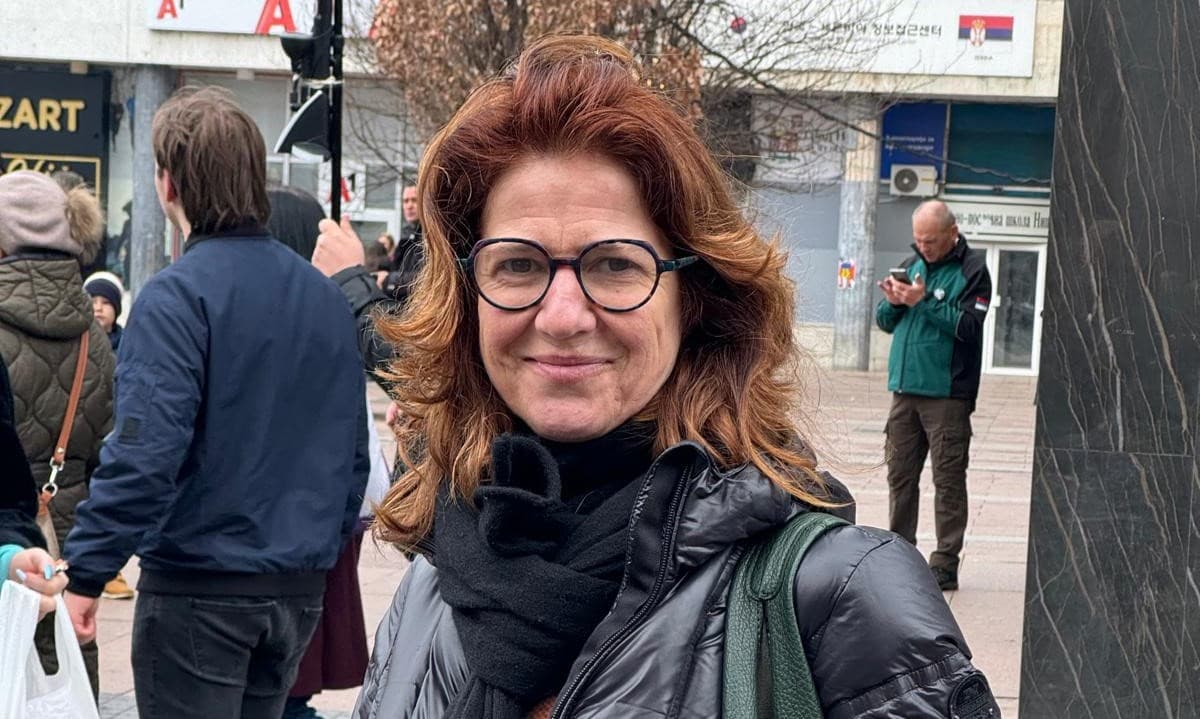Journalistic and media associations and unions are calling for an immediate suspension of the process of amending media laws.
Journalistic and media associations and unions demand that the Ministry of Information and Telecommunications immediately suspend the ongoing process of amending the Law on Public Information and Media, the Law on Electronic Media, and the development of a new Media Strategy until conditions for transparent, inclusive, and professional work are ensured.

Out of the eight invited journalistic and media associations and unions, only two, the Association of Journalists of Serbia (UNS) and the Independent Association of Journalists of Serbia (NUNS), can be considered credible, and NUNS officially declined to participate in these working groups on November 27 for the reasons outlined below.
In the current political, institutional, and professional environment, there is no guarantee that the proposed changes would lead to improvements in media freedom, journalist safety, and alignment with European standards.
Firstly, the composition of the proposed working groups seriously calls into question the credibility of the process, as the Ministry included numerous GONGO associations, organizations without professional journalistic capacity that have supported propaganda and pro-government media for years. Furthermore, these same organizations have dominated the project co-financing commissions for years, allocating funds to tabloids and pro-government media that systematically violate the Code of Journalists of Serbia.
At the same time, the most significant and professional journalistic and media associations, with long-standing experience in reforms and aligning regulations with European standards, have not been systematically included in the work.
Journalistic and media associations and unions also remind that previous processes of creating media strategies and amending laws have already been marked by failure and withdrawal, including the collapse of the first working group for the Media Strategy in 2017-2018, as well as the years of delay in reforms during the period 2021-2023, precisely due to excessive involvement of organizations without competencies and the absence of genuine dialogue. Such practices are now being repeated.
It is particularly concerning that some of the associations and individuals invited to the working groups are active participants in campaigns tarnishing the reputation of professional journalists, thus contributing to an atmosphere of pressure and violence. The number of attacks, threats, and pressures on journalists is continuously rising; relevant databases (Mapping Media Freedom, Council of Europe) record that Serbia currently has the highest number of attacks on journalists in Europe. In such an environment, claims about “strengthening freedom of expression” lack real foundation.
The Ministry has not conducted an evaluation of the implementation of the current Media Strategy and its Action Plan, and without an analysis of previous results, it is impossible to plan a new strategic document. Working on a new strategy without prior evaluation represents merely a formal fulfillment of obligations, devoid of substantial goals and expected progress.
Journalistic and media associations and unions also draw attention to the concerning public statements made by Ministry officials, which demonstrate a misunderstanding of the role of media in a democratic society, as well as a failure to recognize the importance of independent institutions, particularly REM.
Finally, the Ministry refers in its call to the Reform Program and the European Media Freedom Act (EMFA), although EMFA is not included in the Reform Agenda at all, and the obligations from it pertain to consultations with the European Commission and alignment with EU legal acquis—not to ad hoc processes like those currently initiated. Invoking EMFA appears to be an attempt at formally covering procedural shortcomings.
Journalistic and media associations and unions will not participate in processes that are only formally inclusive but fundamentally unprepared, non-transparent, and politically instrumentalized.
We are ready to contribute to reforms when there is a transparent and inclusive process, participation of all relevant professional actors, respect for international obligations, and genuine commitment to enhancing freedom of expression and journalist safety.
Until then, we demand that the process of amending media laws be urgently halted and that a public, professional, and substantive dialogue about the future of the media system in Serbia be opened.
Coalition for Media Freedom: Media Association, Online Media Association (AOM), Independent Journalists' Society of Vojvodina (NDNV), Independent Association of Journalists of Serbia (NUNS), Business Association of Local and Independent Media “Local Press”, Slavko Ćuruvija Foundation, and GS KUM Nezavisnost
Association of Independent Electronic Media (ANEM)
Related Articles

ANEM ALARM: The dismissal of the correspondent for the French newspaper Le Figaro, Milica Čubrilo Filipović, may represent a dangerous practice.

ANEM ALARM: Unacceptable attempt to persecute Nemanja Šarović for comments made under a post on Instagram.
.png&w=3840&q=75)


%20%C4%86ao%20Nevena%20VERAN%20MATI%C4%86%20Vlast%20%C5%BEeli%20da%20istrebi%20novinare%20-%20YouTube.png&w=3840&q=75)









